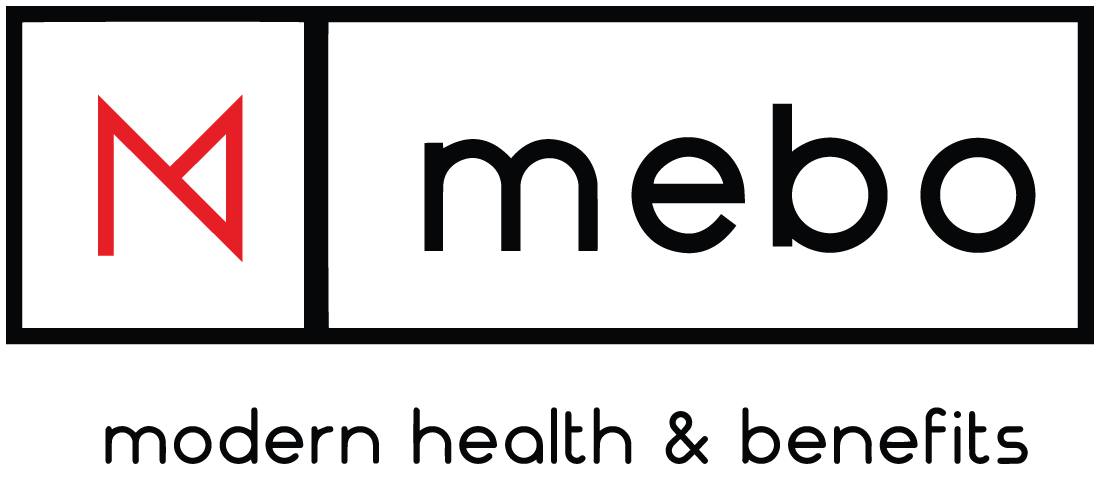Most Common Employee Benefits
Employees spend about half of their waking hours working. Great employers understand the strain this can put on their staff. They know that offering perks and benefits not only helps attract new talent, it also keeps employees engaged. This is key to retention.
Research conducted for the Robert Half 2021 Salary Guide discovered the most common benefits companies offer. While a lot of these benefits have been the standard for many years, a few only recently gained popularity among employers.
Employers that wish to retain their employees could benefit from adding the following perks and benefits.
Employee Health Insurance
Robert Half surveyed over 500 North American HR managers. Employee health insurance was the number one benefit offered. According to the survey, 68% of employers currently offer health insurance benefits.
As the pandemic continues to spread throughout much of the country, health benefits will become increasingly important. Employers that do not offer health benefits this year will likely find it difficult to retain their employees.
Paid Time Off
An important benefit, 63% of companies surveyed offer paid time off. While most people think of paid time off as vacation pay, many companies also offer paid time off for illness, bereavement and other personal time off.
Dental Insurance
Poor dental health is associated with serious health problems including heart disease and respiratory infections. Perhaps this is why 59% of companies offer dental insurance to their employees.
Retirement Savings Plan
Offering a retirement savings plan is a great way to encourage employees to save for retirement. Many companies match employee contributions. This can increase employee satisfaction and retention.
Life Insurance
The fifth most common benefit, life insurance and accidental death and dismemberment (AD&D) insurance provide employees with peace of mind. Providing this important benefit lets employees know they’re cared for and supported.
Flexible Work Schedules
An increasing number of employers have started allowing employees to set their own work schedules. Employees may choose to work four longer shifts as opposed to five regular shifts, or split their workday into chunks of time. This “windowed” workday allows employees to balance their personal and professional obligations. 46% of companies surveyed offer flexible work schedules.
Remote Work Options
COVID-19 highlighted the importance of working from home. In fact, many companies have decided to make remote work permanent. When employees work from home, it allows for adequate social distancing and allows employers to reduce the amount of money spent on office space and utilities.
Offering benefits and perks can increase employee satisfaction and retention. If you’re unsure where to start, MEBO can help! We work directly with our clients to analyze their needs and develop a customized benefit plan. Please contact us for more information.











